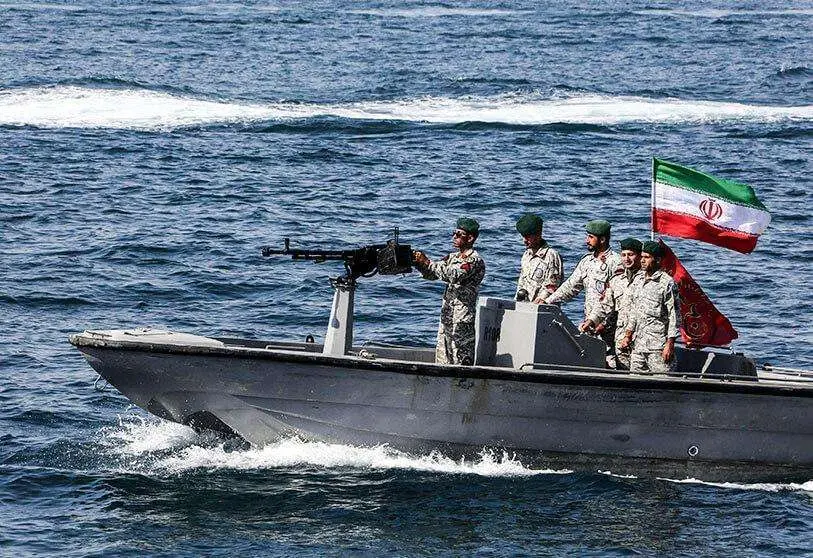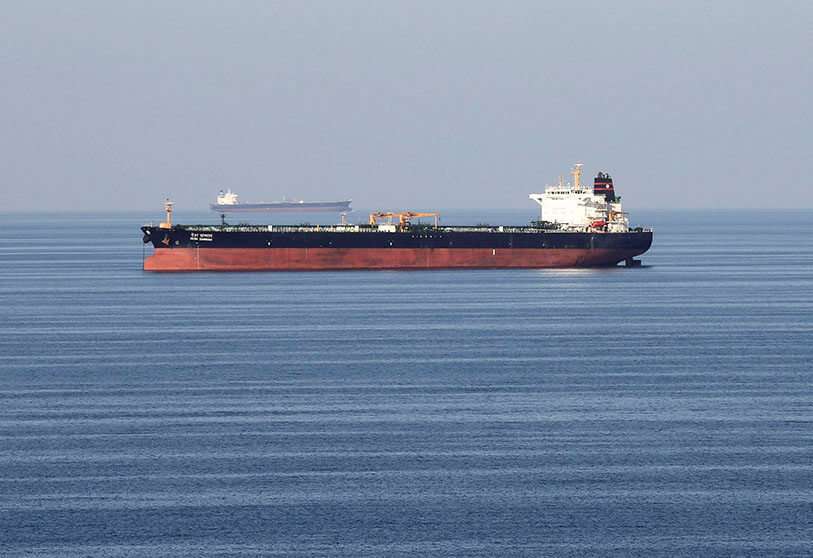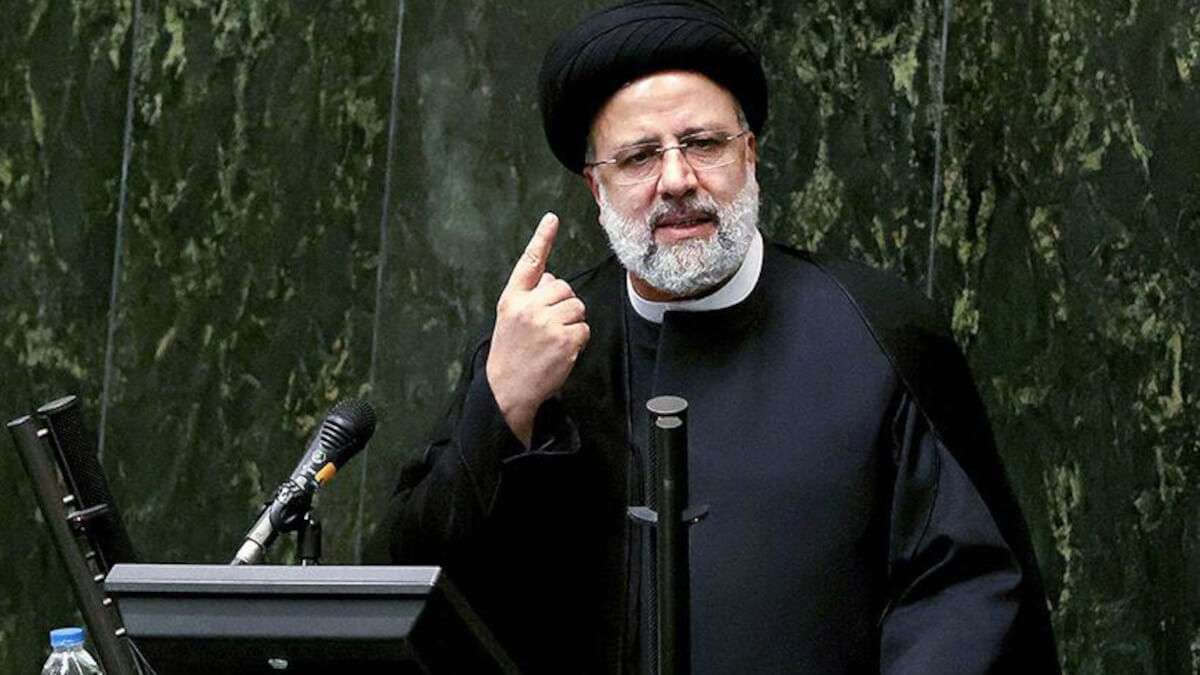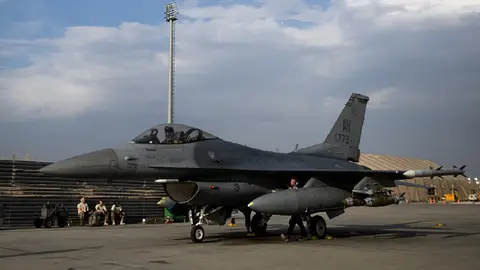US may send armed personnel to commercial ships to protect them from Iranian hijackings

The United States wants to regain its presence in the Middle East. Following the entry of new actors in the region, such as Russia and China, Washington is trying to reinforce its influence in the region. After announcing the dispatch of F-16 fighter jets to the strategic Strait of Hormuz, the US military is now considering transferring armed personnel to commercial ships travelling in the region in order to prevent Iranian hijackings, US officials told the Associated Press.
The plan has not yet received final approval from the authorities, but has the support of several senior US officials and could be implemented as early as this month. The aim is to protect the oil trade through the Strait of Hormuz, through which at least 20% of the world's crude oil passes. Due to the strategic international importance of this important geographic point, many of the ships that transit it have been the victims of threats from Tehran, as Washington has denounced on several occasions. The US claims that Iran has seized at least five commercial vessels in the last two years. Similarly, Iranian authorities have harassed a dozen more.
Just a month ago, the US Navy denounced Iran's attempt to seize two oil tankers near the Strait of Hormuz. According to US officials, the Iranian navy even opened fire on one of them, although they backed off after the US Navy moved a destroyer into the area, allowing the vessels to resume their journey.

Such incidents in the area have been recurring since 2019. Last April, Iran broadcast on national television as commandos raided a helicopter on a US-bound oil tanker in the Gulf of Oman. According to Tehran, the tanker was seized after colliding with another Iranian vessel, but no evidence was presented.
If the US plan to send armed personnel to commercial vessels goes ahead, it will be a move that will further strain deteriorating ties between Washington and Tehran, where they have already condemned the transfer of F-16s to the region, calling the US decision a "provocation".

Since the US exit from the Iran nuclear deal in 2018, relations between the two countries have been marked by rifts and disputes. Today, with the rapprochement and military cooperation between Iran and Russia in the midst of the war in Ukraine, the rift between Washington and Tehran has widened significantly.
Domestically, the Iranian regime's brutal repression of the country's citizens, especially in the context of the protests that began after the assassination of Mahsa Amini, has also caused international condemnation, particularly from the United States. Of particular concern is Tehran's nuclear programme, which continues to exceed the limits of enriched uranium established by the International Atomic Energy Agency (IAEA). The UN body warned last March that Iran was dangerously close to the level of enriched uranium needed to make nuclear weapons.
Americas Coordinator: José Antonio Sierra.









